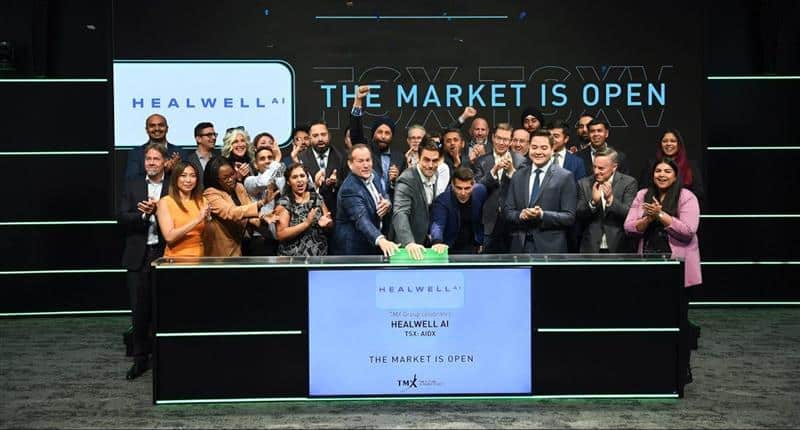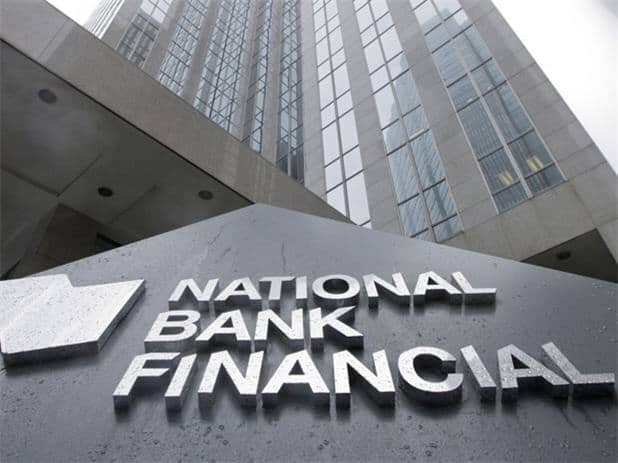
The payments and fintech space has overall been down in recent months and while both Mastercard (Mastercard Stock Quote, Charts, News, Analysts, Financials NYSE:MA) and Visa (Visa Stock Quote, Charts, News, Analysts, Financials NYSE:V) have slumped over the back end of 2020, investors trying to choose between the two should be thinking about Mastercard’s better growth prospects, according to portfolio manager Teal Linde, who says he’s bullish on the stock.
“We own Mastercard and we are bullish on the company and the stock. It hasn’t had a great year and over the last two years it really hasn’t done much in terms of appreciating,” said Linde, manager at the Linde Equity Fund, who spoke on BNN Bloomberg on Monday.
“But it’s still growing in the high teens, trading around 32x next year’s earnings. That’s pretty wonderful. Whenever you have a company that’s drawing in the upper teens and you’re paying 30x, that’s a pretty fair price, and so we continue to like it,” he said.
For a long stretch there, Mastercard was a gem of a stock to own. Between its public market debut in 2006 and its topping out at around $390 per share earlier this year, Mastercard had a return of 9,600 per cent, with growth coming steadily along that timeline. But looking more recently, the stock finished 2020 with a respectable return of 19 per cent while this year it’s now essentially at even strength, currently at a year-to-date return of negative one per cent with a minor dividend yielding 0.5 per cent. Over the past two quarters starting in July the stock is down about four per cent.
But other fintech names have also been hit, with stocks like PayPal, Square and Visa all registering in the negative so far for quarters three and four. That pullback came after a period of major growth in the sector as markets looked positively on digital transformation in the finance industry and took to disruptive technologies looking to reconfigure the dynamic around lending and payments. Movements such as the ‘buy now pay later’ (BNPL) revolution currently underway have aided the fintech push.
And Mastercard has itself been growing at a respectable pace. The company beat analysts’ estimates in its latest quarter, its Q3 delivered in late October, where revenue grew 30 per cent from a year earlier to $4.47 billion on gross dollar volume growth of 20 per cent to $2.0 trillion. Net income came in at $2.4 billion or $2.44 per share, up a full 62 per cent. The Street had been calling for $4.95 billion in revenue and EPS of $2.19 per share.
Meanwhile, the company has touted its BNPL and cryptocurrency investments of late.
“We saw continued momentum across the business as we delivered strong revenue and earnings growth again this quarter. Our performance was driven by the execution of our strategy, healthy domestic spending and solid growth in cross-border spending which has recently returned to pre-pandemic levels,” said CEO Michael Miebach in an October 28 press release announcing its third quarter results.
“We are extending the scale and power of our trusted network through innovations like our new Mastercard Installments program. And, we continue to add to our efforts in cryptocurrency services and open banking through the acquisition of CipherTrace and the planned acquisition of Aiia,” he said.
But for Teale, one of the distinctions to note between the $330-billion market cap Mastercard and its competitor Visa at $400 billion is in the former’s more advantageous global exposure.
“Mastercard is doing slightly better than Visa if you look at the last quarter results. Visa sort of disappointed and they’ve come up with what analysts considers conservative guidance. Mastercard did slightly better,” Linde said.
“One thing we like about Mastercard more is that it generates 30 per cent of its revenues from Asia while Visa generates only 22 per cent. Visa has more exposure to North America. And if you believe that Asia is a faster growing economy, Mastercard gives you more exposure to that part of the world,” he said.
“So, we own Mastercard and we continue to look favourably upon it going forward,” Linde said.
This week, Mastercard announced that it will acquire tech company Dynamic Yield from restaurant chain McDonalds for an undisclosed amount. Dynamic Yield deals in personalization software which McDonalds used for its drive-thru experiences, with Mastercard saying the software company will help it deliver more effective and trusted customer experiences across its channels.
”The notion of going into a store or opening a webpage to find an experience perfectly tailored to you is no longer farfetched. It’s a reality that more brands are deploying and more consumers expect,” said Raj Seshadri, President of Data & Services at Mastercard, in a December 21 press release. “With Dynamic Yield’s expertise and our scale and relationships, we’ll be able to bring the connections between the end consumer and our customers to new heights.”
Leave a Reply
You must be logged in to post a comment.




 Share
Share Tweet
Tweet Share
Share




Comment